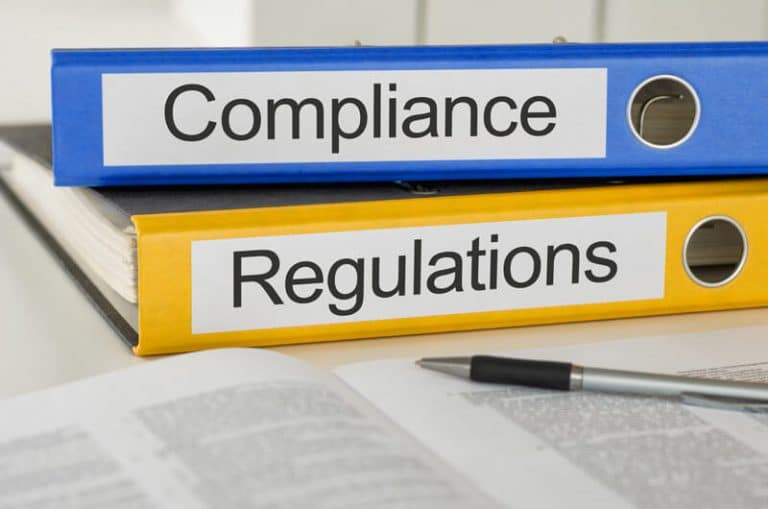The long awaited FMCSA Clearinghouse is now becoming a reality. Employers will be able to check the database to see if a driver has had a previous positive or refusal test. Information on completion of the return to duty process with a Substance Abuse Professional (SAP) will also be included.
The final rule became effective on 12/05/2016. The national drug and alcohol clearinghouse Final Rule goes into effect in January 2020, three years after its effective date.
The Clearinghouse rule requires FMCSA-regulated employers, Medical Review Officers (MROs), Substance Abuse Professionals (SAPs), consortia/third party administrators (C/TPAs), and other service agents to report to the Clearinghouse information related to violations of the drug and alcohol regulations in 49 Code of Federal Regulations, parts 40 and 382 by current and prospective employees.
Motor carriers will be required to annually search the clearinghouse for current employees, and during the pre-employment process for prospective employees, to determine whether a driver violated drug or alcohol testing requirements with a different employer that would prohibit them from operating a CMV. Motor Carriers will pay a fee to query the Clearinghouse. The fee amount has not yet been determined but will include options for subscription and batch use. There will be no fees for a driver to access their own record in the Clearinghouse.
Here the overview points published by FMCSA:
The Drug & Alcohol Clearinghouse will be a database containing CDL drivers’ drug and alcohol program violations. It will also contain information about whether a driver has successfully completed the mandatory return-to-duty drug and/or alcohol rehabilitation process. Clearinghouse requirements fall into two major categories: Reporting and Querying
Reporting
Employers, consortia/third party administrators (C/TPAs) and/ or medical review officers (MROs) will be required to report drug and alcohol testing program violations to the Clearinghouse. SAPs will be required to report information about drivers undergoing the mandatory return-to-duty drug and/or alcohol rehabilitation process. Each time information is added to, modified or removed from the Clearinghouse, FMCSA will notify the affected driver. To receive electronic notification, drivers will have to register with the Clearinghouse
Querying
Employers will be required to query the Clearinghouse for covered drivers for two purposes: Pre-employment screening and Annual verification.
Pre-employment – Purpose: to ensure that the prospective employee is eligible to drive.
Query-type: full queries would be conducted which means that FMCSA must verify specific driver consent prior to releasing information.
Annual Queries – Purpose: to ensure that a driver did not violate the drug and alcohol program with another employer.
Query-type: limited queries to determine whether any data exists for a driver would be allowed and will only require general driver consent, subject to FMCSA audit.
A limited query only identifies whether information about the driver exists in the Clearinghouse and will not result in release of any driver information. If the limited query shows a driver record in the Clearinghouse, the employer would be required to run a full query, triggering FMCSA verification of specific driver consent before releasing information.
Drivers refusing consent will not be able to perform safety-sensitive functions such as driving a commercial motor vehicle. Information regarding the driver will be accessible to employers for a minimum of 5 years. If the driver does not satisfy the mandatory return to duty requirements, the information will remain accessible to employers indefinitely.
State driver licensing agencies will also be required to query the Clearinghouse when a State-licensed driver obtains, renews, upgrades, or transfers his or her CDL. The National Transportation Safety Board (NTSB) will be able to access Clearinghouse information for drivers involved in a crash under investigation by the NTSB.
Employers and drug testing service providers will face challenges with the implementation of the Clearinghouse. Once the final rule goes into effect, motor carriers will need to update their FMCSA policies and forms toolkits, adopt various internal reporting and confidentiality protocols, conduct training, and update their Service Agent contracts. The rule is expected to be the most significant regulatory change since 2001, when the Part 40 Regulations were adopted.







